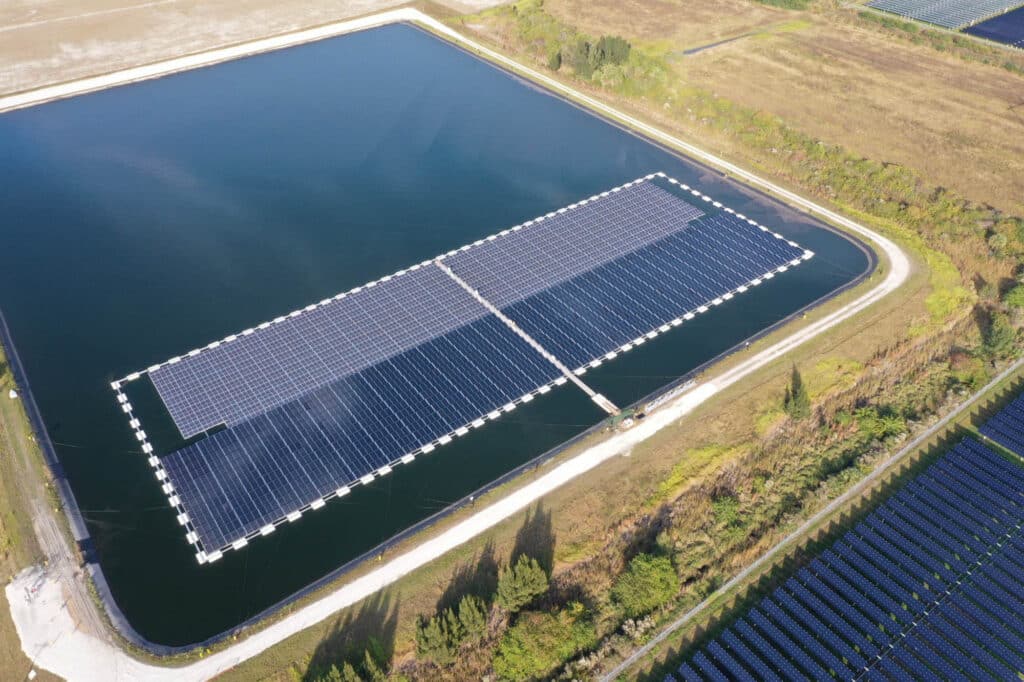The relentless growth of the digital world demands ever-increasing amounts of power. Data centers are at the heart of this consumption. Sustainable and efficient data center power management solutions are now a crucial imperative, not a distant aspiration. While land-based solar has advanced considerably, floating solar systems are emerging as a compelling alternative. Beyond simply utilizing vacant water surfaces, these systems offer significant benefits. They provide streamlined permitting processes and faster deployment. This makes them an increasingly appealing option for the substantial energy demands of hyperscale data center power solutions.
Streamlined Permitting Process
The traditional path to permitting large energy projects can feel like navigating a maze. Environmental impact assessments, land use rules, and stakeholder talks often lead to considerable delays. But here’s where floating solar shines: these installations often enjoy a smoother permitting journey. By taking to the water, floating solar projects can bypass many hurdles faced by land-based counterparts.
No large-scale land clearing is usually needed. The impact on land-based ecosystems is minimal. There’s less friction with current land use plans. This more direct regulatory route means faster project approvals. It provides quicker access to clean energy for data center power management solutions.
Accelerated Construction Timelines
Floating solar offers advantages beyond administrative ease. Its design speeds up construction significantly. Land-based solar farms require considerable groundwork like leveling and foundation building. In contrast, floating systems use modular components. These can be assembled elsewhere and then floated into place.
This reduces on-site construction time. It causes less interference with nearby structures. For data centers, dependable power is crucial. This fast setup is a significant advantage. It enables a quicker shift to renewable energy. This boosts energy independence for hyperscale data center power solutions. It reduces dependence on conventional power networks.
Enhanced Energy Generation Efficiency
Floating solar has another key advantage. It benefits from the natural cooling of water. This significantly improves energy generation efficiency over land-based systems. The cooling effect is a crucial factor for solar performance.
Water cooling solidifies the economic rationale for these systems. It strengthens the environmental benefits as well. These factors make floating solar ideal for integration into data center power management solutions. Water cooling helps maintain optimal operating temperatures for panels. This results in higher electricity output. It also extends panel lifespans. These are essential considerations for modern data centers with continuous operational demands.
Conclusion
Data centers can find a powerful ally in floating solar. Innovation meets tangible benefits with this technology. Reduced permitting complexities offer advantages. Quicker deployment timelines add further value. Increased energy efficiency makes floating solar panels strong contenders. They can address the growing power demands of our digital world.
As technology progresses and regulations adapt, floating solar offers promise. Integration into data center power management solutions creates a more sustainable future. It contributes to digital resilience as well. Ready to explore floating solar for your hyperscale data center power solutions? Contact AccuSolar and discover how our systems can power your next move.





